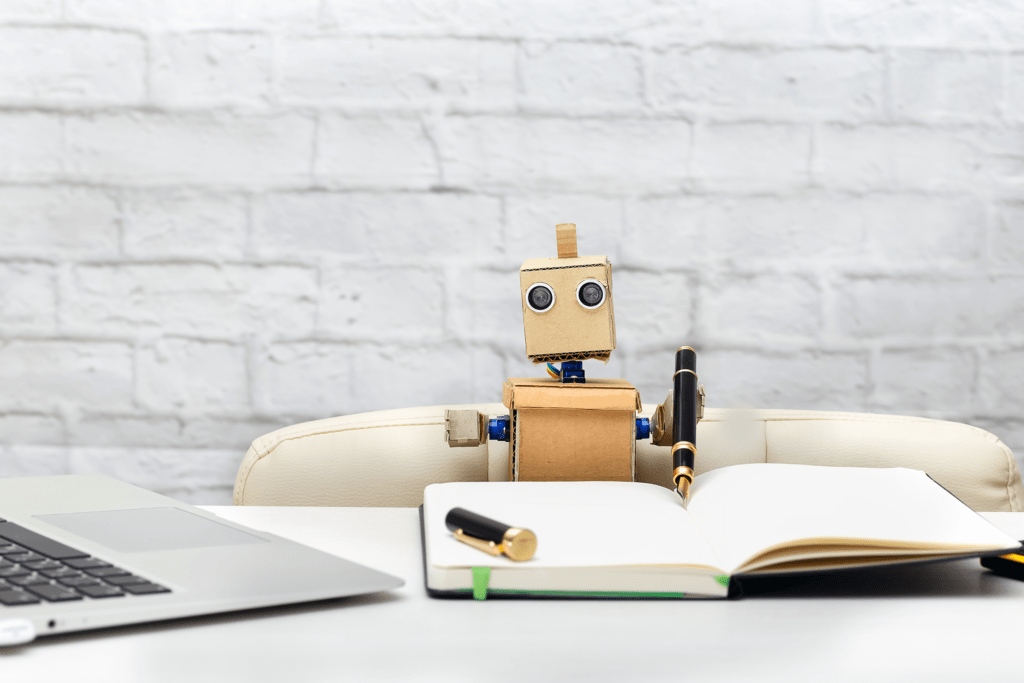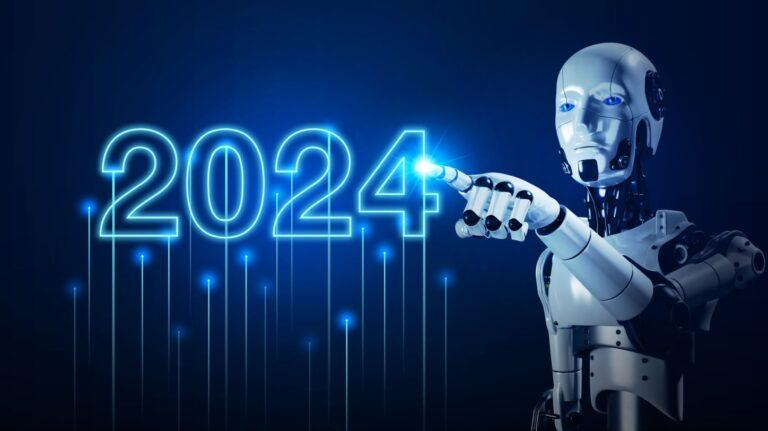This topic explores how technology is changing the nature of work and the potential impact of automation on the job market and economy.
The future of work is rapidly changing, with technology and automation playing a significant role in shaping the nature of jobs and the job market. As we move further into the digital age, automation is becoming more sophisticated, and the use of robotics and artificial intelligence is increasingly prevalent.

In this article, we will explore how technology is changing the nature of work and the potential impact of automation on the job market and economy.
The rise of automation and technology is transforming many industries, including manufacturing, healthcare, transportation, and finance. Advancements in artificial intelligence and robotics enable machines to perform complex tasks once exclusive to humans.
As a result, the need for human labor is decreasing, putting many jobs at risk of being replaced by machines.
However, while automation is a significant concern for some, it also presents many opportunities. Automation can increase productivity, reduce costs, and improve efficiency, leading to better products and services.
Automation can also free up human workers from repetitive or dangerous tasks. Allowing them to focus on more creative and rewarding work.
In the future, the job market will likely shift towards roles requiring higher-level skills like problem-solving, critical thinking, and creativity. Automation will increase demand for these skills as machines handle routine tasks more efficiently than humans.
One potential impact of automation is that it could lead to job displacement and unemployment. As machines become more capable, many jobs may become redundant. Leading to a decrease in demand for certain types of labor.
This could result in significant job losses, particularly in industries such as manufacturing and transportation.
However, some experts argue that automation could also create new jobs and industries. As machines become more sophisticated, there will be a need for workers who can design, program, and maintain them.
Additionally, new industries, such as those related to robotics and artificial intelligence, could emerge, leading to new job opportunities.
A key challenge in addressing automation’s impact is equipping workers with the skills needed for the new job market. Education and training will be crucial in ensuring that workers can adapt to changing technology and find new job opportunities.
Governments, businesses, and schools must provide education and training to help workers transition to new jobs and industries.
Another challenge is ensuring that the benefits of automation are shared fairly. As automation reduces the need for human labor, there is a risk that wealth and income inequality could increase.
To address this, policymakers will need to consider measures such as redistributive taxation, social welfare programs, and universal basic income.
Conclusion
The future of work and automation is complex and multifaceted. Automation presents many opportunities for increased productivity and efficiency. It also presents challenges, such as job displacement and potential increases in inequality.
Policymakers, businesses, and schools must collaborate to equip workers with new job market skills and ensure fair automation benefits.
By embracing the potential of automation while also addressing its challenges. We can create a more equitable and prosperous future for all. 온라인카지노사이트
